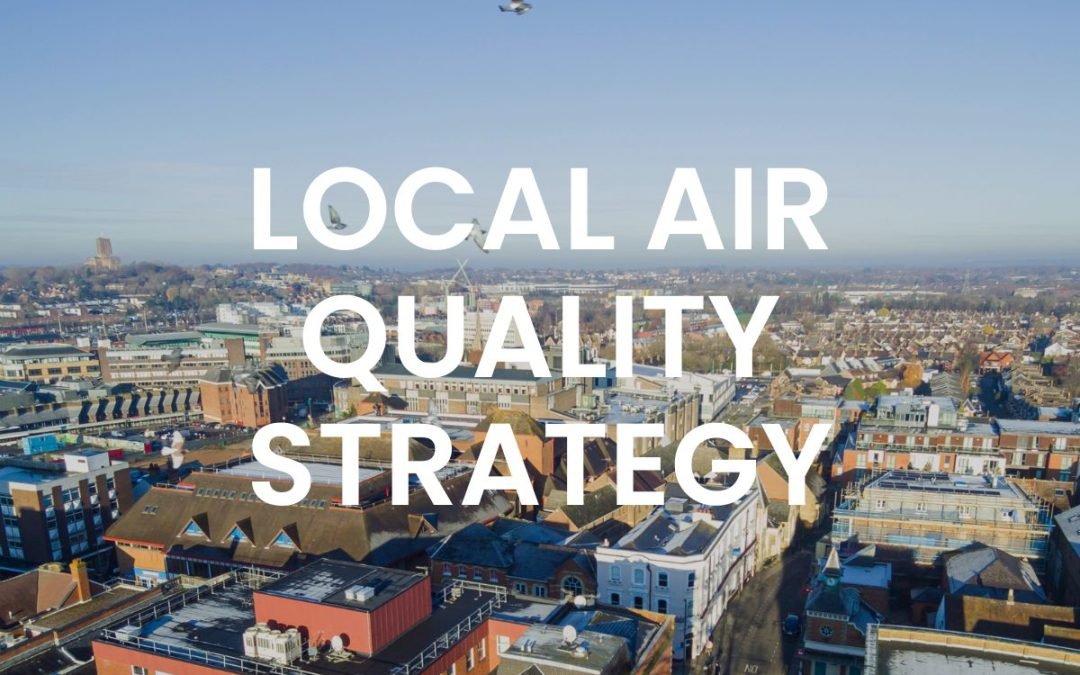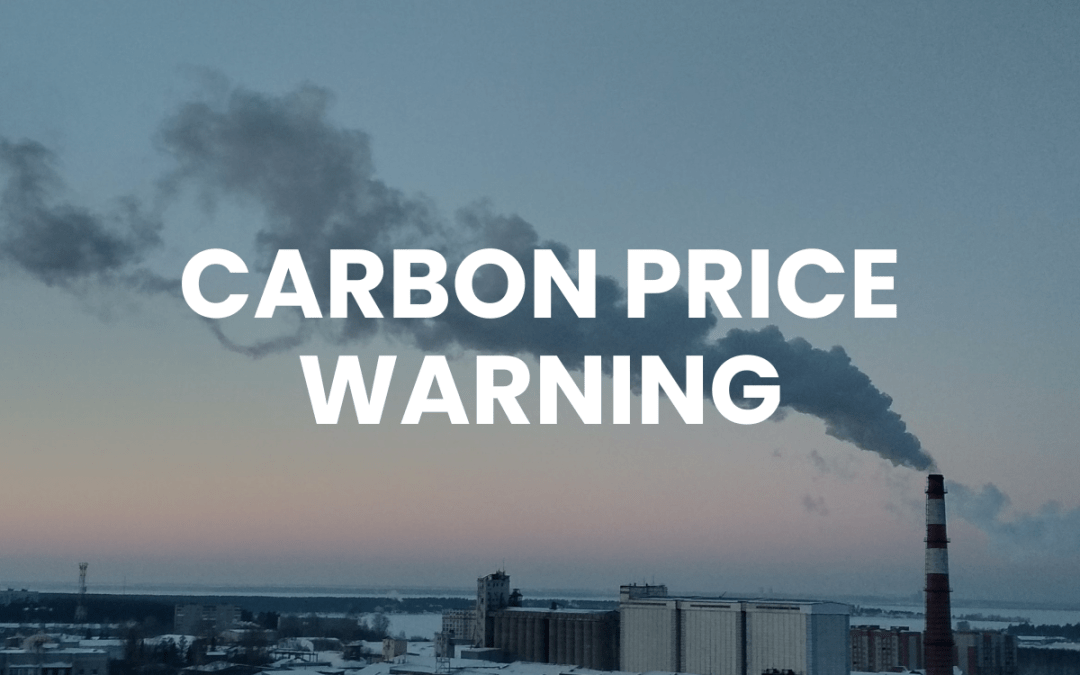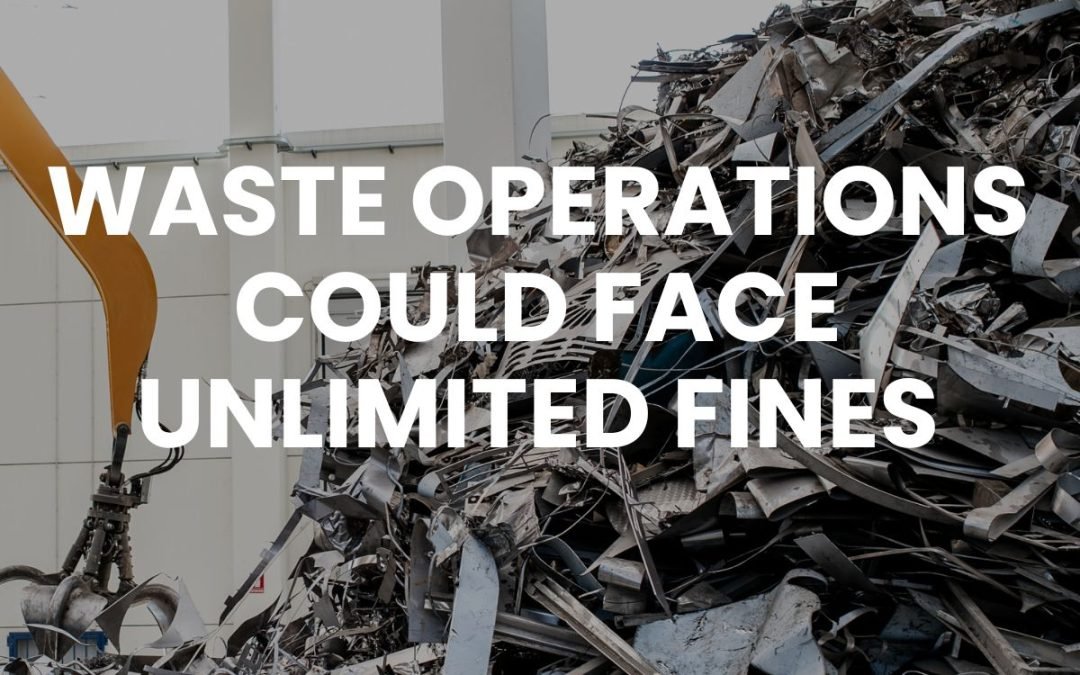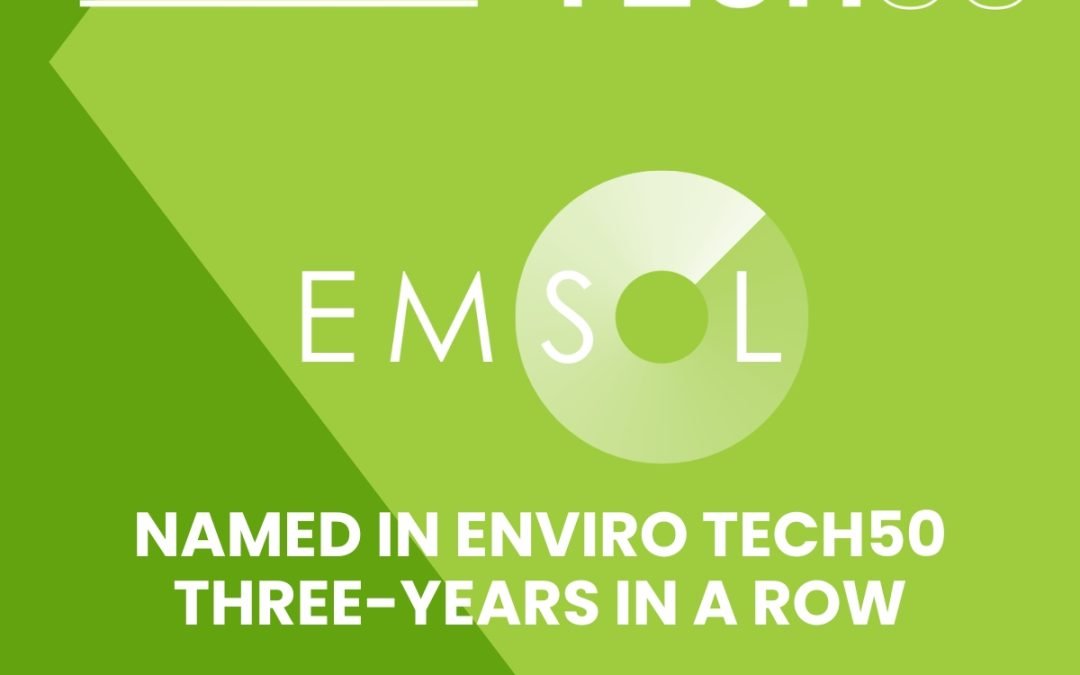As the construction industry comes under increasing pressure to reduce pollution and limit adverse environmental impacts during and after construction projects, there are some key ways in which construction sites can reduce pollution. The Government’s net zero target by 2050 is a major driver for the construction industry to address its emission and pollution levels.
Types of Construction Pollution
Construction and built environments account for 4% of particle emissions and contribute to noise pollution, air pollution, and water pollution. The different types of pollution caused by construction activities are explained below.
- Air Pollution refers to emissions released into the atmosphere. Activities such as using plant and machinery on site, demolitions and site clearance work, and the use of chemicals all contribute massively to air pollution.
- Water Pollution occurs when toxic substances used during construction end up in our water supply, including oil, cement, diesel, paint, and glues.
- Noise Pollution is one of the most complained about pollutions as it immediately affects the local community increasing stress levels and sleep disturbance.
Reducing Construction Pollution
Any credible construction company needs to show that it is managing its pollution levels, reducing the impact of the construction on workers, the local residents, and the environment. Adopting sustainable working practices can ensure that companies do not fall foul of breaches or non-compliancy. The Environmental Damage (Prevention and Remediation) (England) Regulations 2015 stipulates that businesses will be held financially liable for the damage they cause to the environment. The regulations are in place to ensure businesses take active steps to minimise pollution and have accountability measures in place.
Here are 5 ways in which the construction industry can reduce pollution levels:
1. Use greener fuel and local sources
Construction companies should try wherever possible to use sustainable sources of fuel and give preference to local suppliers. This limits the fuel emissions from travel time and the carbon footprint of materials.
2. Site Controls
Having effective site controls and regulations can help reduce emissions. Ensuring that vehicles are switched off when not in use, and that there is no unnecessary use of site machinery can reduce pollution. Effective forward planning could help prevent queues of supply chain vehicles in and around the site during peak construction periods.
3. Repurposing Buildings
With the dynamic changes to the economic landscape and our high streets, it is time the construction industry started focusing on adapting and enhancing the use of existing buildings. Cities and towns across the UK have seen an exodus of businesses, retail stores, and tenants as home working and changes to the economy have impacted how we use our spaces. Repurposing buildings would significantly reduce air pollution as there would be no large-scale physical construction and land clearance.
4. Use Targeted Monitoring Services
Ensuring you have accurate and real-time data of on-site emissions means that teams can understand the impact of their construction sites. However, passively monitoring doesn’t fix the problem. Companies such as EMSOL provide real-time data relating to sources of pollution by attributing pollution to specific vehicles or NRMM, this means construction companies can take quick action to improve pollution not just monitor it. EMSOL facilitates proactive pollution mitigation, using an evidence-based approach making managing pollution simpler.
5. Upgrade machinery
Older site machinery can cause huge amounts of site pollution and site emissions. Hybrid technology is now available to enable construction companies to reduce their environmental impact. Hybrid equipment and power systems can lower fuel consumption and emissions, thereby lowering the environmental impact.
What next?
Want to find out more about the benefits that reducing air pollution can have for your business, saving time, money and improving profitability? Then make sure to download our white paper, Improving site air quality doesn’t have to be bad for business.





